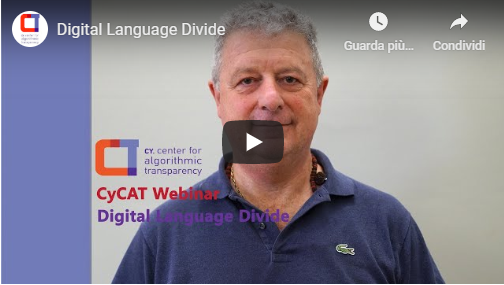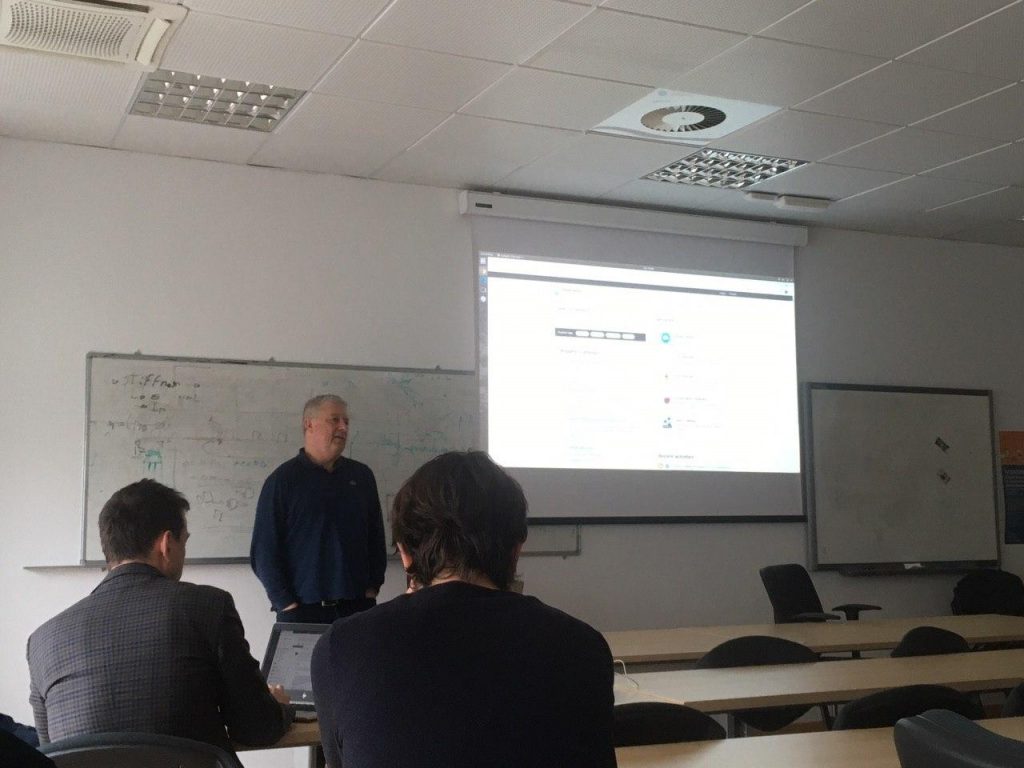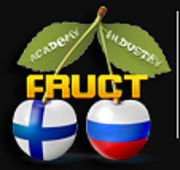From language diversity to Bias (what about under-resourced languages)
A talk from Fausto Giunchiglia with Title “From language diversity to Bias (what about under-resourced languages)”. In this talk, Fausto provides a general overview of the problem of under-resources languages, and of how we could deal with this problem by uniformly handling the diversity which is intrinsic in any language. Trento April 5th, 2020. (duration: […]
From language diversity to Bias (what about under-resourced languages) Read More »









